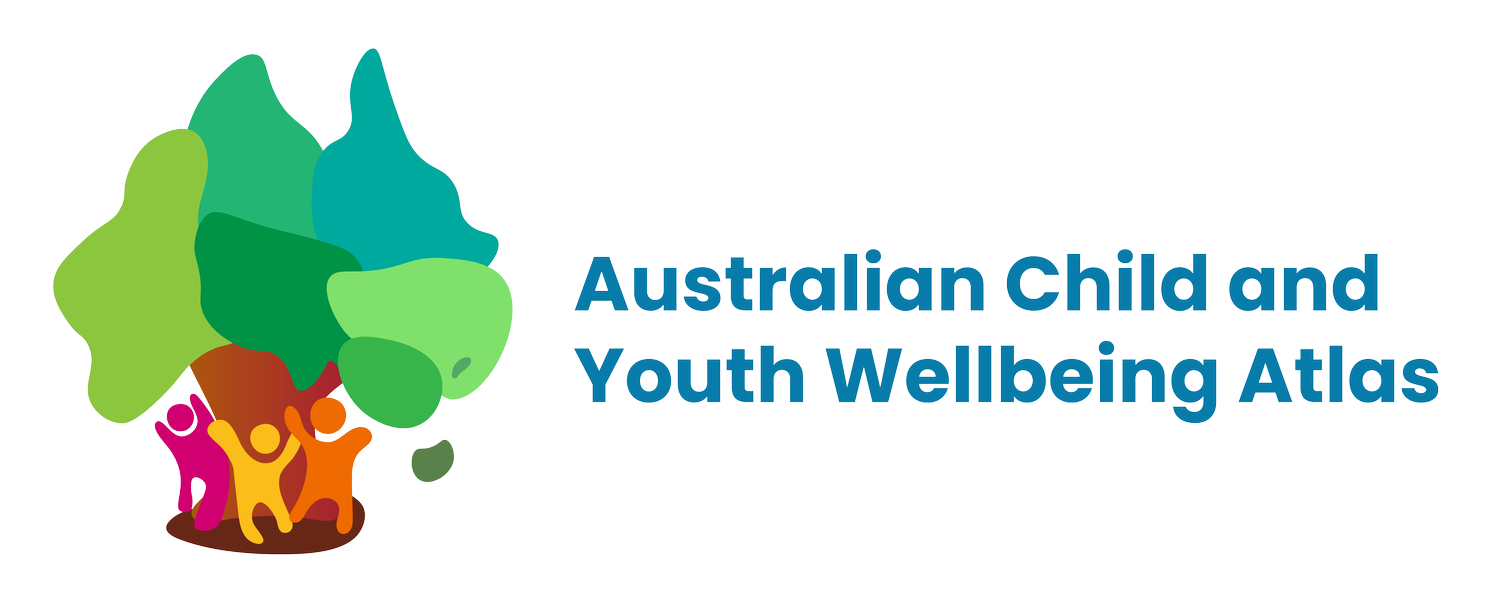
Trans and Gender Diverse young people
In the Atlas prototype, data has not been disaggregated by gender identity. It only provides a breakdown based on the traditional categories of female and male.
We are profoundly aware that many young people identify with a wide spectrum of gender-diverse identities, which go beyond the binary concept of female and male. These identities include terms such as non-binary, gender fluid, gender questioning, agender, and others that best represent their gender identity.
The process of disaggregating data by these gender identities presents several challenges. Often, existing data collection methods do not yet capture this information, and even when they do, privacy concerns may necessitate data suppression due to small sample sizes or data quality issues.
The ACYWA project is committed to working on finding ways to overcome these obstacles. Our objective is to directly engage with trans and gender-diverse youth to understand their preferences regarding how their data should be represented.
An increasing body of research into wellbeing outcomes of gender-diverse people has revealed that gender-diverse children and youth face notably more challenges across multiple aspects of wellbeing, performing comparatively worse than other vulnerable groups across specific measures.¹
¹Commissioner for Children and Young People WA 2023, The Wellbeing of Trans and Gender Diverse Youth, [cited 2023 October 10]. Available at: https://www.ccyp.wa.gov.au/our-work/projects/the-wellbeing-of-trans-and-gender-diverse-youth/
https://www.ccyp.wa.gov.au/media/5127/trans-and-gender-diverse-full-report.pdf
